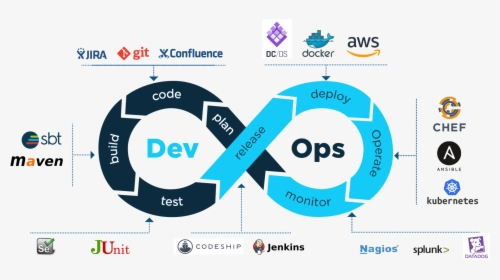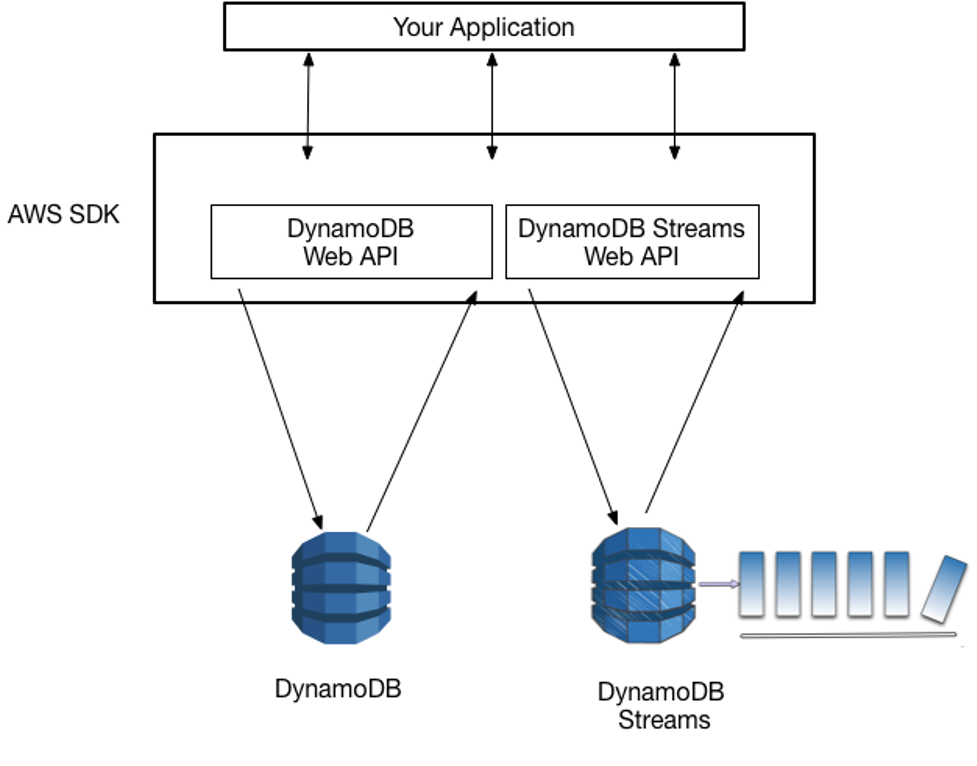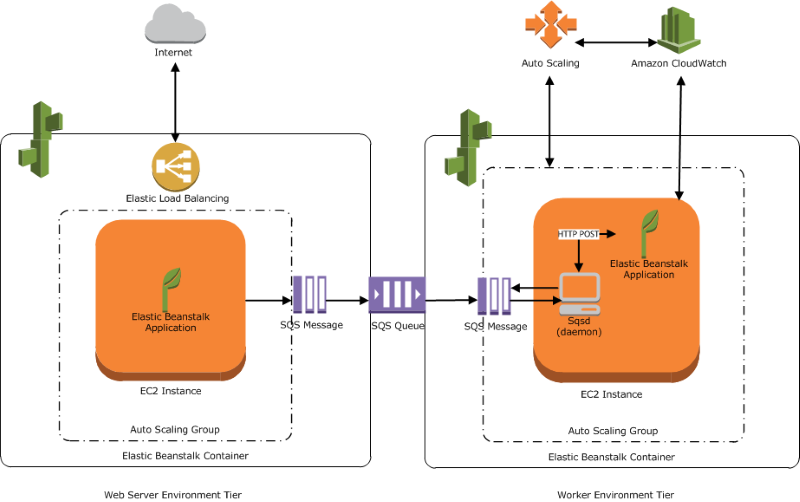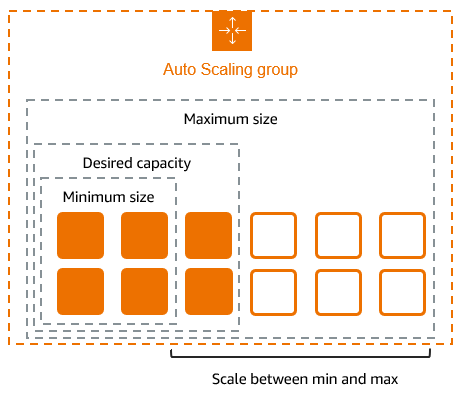
Introduction: Embarking on the transformative journey to become a DevOps engineer is an exhilarating adventure, requiring a well-rounded skill set that encompasses technical acumen, cultural understanding, and hands-on experience. Whether you’re a novice or transitioning from another role, this detailed roadmap serves as your compass, guiding you through every facet of DevOps mastery and empowering you to elevate your career.
- Understand DevOps Culture and Principles for Success:
- DevOps Mindset and Principles: Beyond the allure of tools, immerse yourself in the culture that emphasizes collaboration, communication, and shared responsibility.
- Continuous Integration and Continuous Deployment (CI/CD): Delve into the intricacies of automating the software delivery pipeline, from code commit to seamless production deployment.
- Master Linux and Command-Line Basics:
- Linux Fundamentals: Unearth the layers of Linux, exploring its file system intricacies, permissions management, processes, and fundamental command-line operations.
- Shell Scripting Proficiency: Elevate your skills by mastering Bash scripting to automate repetitive tasks and enhance operational efficiency.
- Explore Infrastructure Components:
- Networking Essentials: Deepen your understanding of networking fundamentals, covering IP addressing, subnets, DNS, and the role of load balancers.
- Servers and Databases: Gain a comprehensive understanding of web servers (such as Apache or Nginx), application servers (like Tomcat), and delve into databases (MySQL, PostgreSQL, MongoDB) and their management intricacies.
- Cloud Computing and Virtualization:
- Cloud Platforms Mastery: Acquire hands-on experience with major cloud platforms like AWS, Azure, or Google Cloud, focusing on compute instances, storage solutions, and networking configurations.
- Virtualization Insights: Explore the world of virtual machines (VMs) and containers (especially Docker), understanding their applications and implications.
- Infrastructure as Code (IaC):
- Terraform Mastery: Delve deep into Infrastructure as Code (IaC) using Terraform, allowing you to define and provision resources through code.
- Configuration Management: Explore advanced tools like Ansible or Puppet for automated configuration management, streamlining your infrastructure.
- Container Orchestration and Microservices:
- Kubernetes Deep Dive: Gain an in-depth understanding of Kubernetes, learning how to deploy, manage, and scale containerized applications effectively.
- Docker Principles: Grasp the core principles of containerization, delving into Docker to build and manage containers efficiently.
- Monitoring, Logging, and Observability:
- Monitoring Tools Mastery: Explore real-time monitoring tools such as Prometheus, Grafana, and Nagios, ensuring a proactive approach to system health.
- Logging Excellence: Dive into centralized logging using the ELK stack (Elasticsearch, Logstash, Kibana), facilitating effective troubleshooting and analysis.
- Security Best Practices (DevSecOps):
- Security Mindset: Develop a robust security mindset, incorporating principles and adopting secure coding practices.
- Access Controls Implementation: Implement and master proper access controls, adhering to the principle of least privilege.
- Version Control and GitOps:
- Git Proficiency: Master the ins and outs of Git for version control, encompassing branching strategies, conflict resolution, and collaborative workflows.
- GitOps Practices: Explore advanced GitOps practices for declarative infrastructure management, fostering efficiency and collaboration.
- Document Everything for Comprehensive Understanding:
- Thorough Documentation: Elevate your documentation game, creating comprehensive READMEs, architecture diagrams, and runbooks for a complete understanding of your work.
- Learn About End-to-End Application Delivery:
- CI/CD Pipelines Setup: Establish robust CI/CD pipelines using industry-leading tools such as Jenkins, GitLab CI, or CircleCI.
- Deployment Strategies Mastery: Deepen your understanding of deployment strategies, including blue-green deployments, canary releases, and feature flags.
- Stay Curious and Engage with the DevOps Community:
- Stay Informed: Regularly read industry blogs and books to stay abreast of evolving trends and best practices.
- Community Engagement: Actively participate in DevOps forums, attend meetups, and leverage the collective knowledge of the community to enhance your skills.
Conclusion: Becoming a DevOps engineer is an ongoing and intricate journey that demands continuous learning, experimentation with new tools, and active contribution to open-source projects. Remember, mastery extends beyond tools; it’s about cultivating a collaborative culture and driving positive change within your organization. Happy DevOps-ing! 🚀🌟



